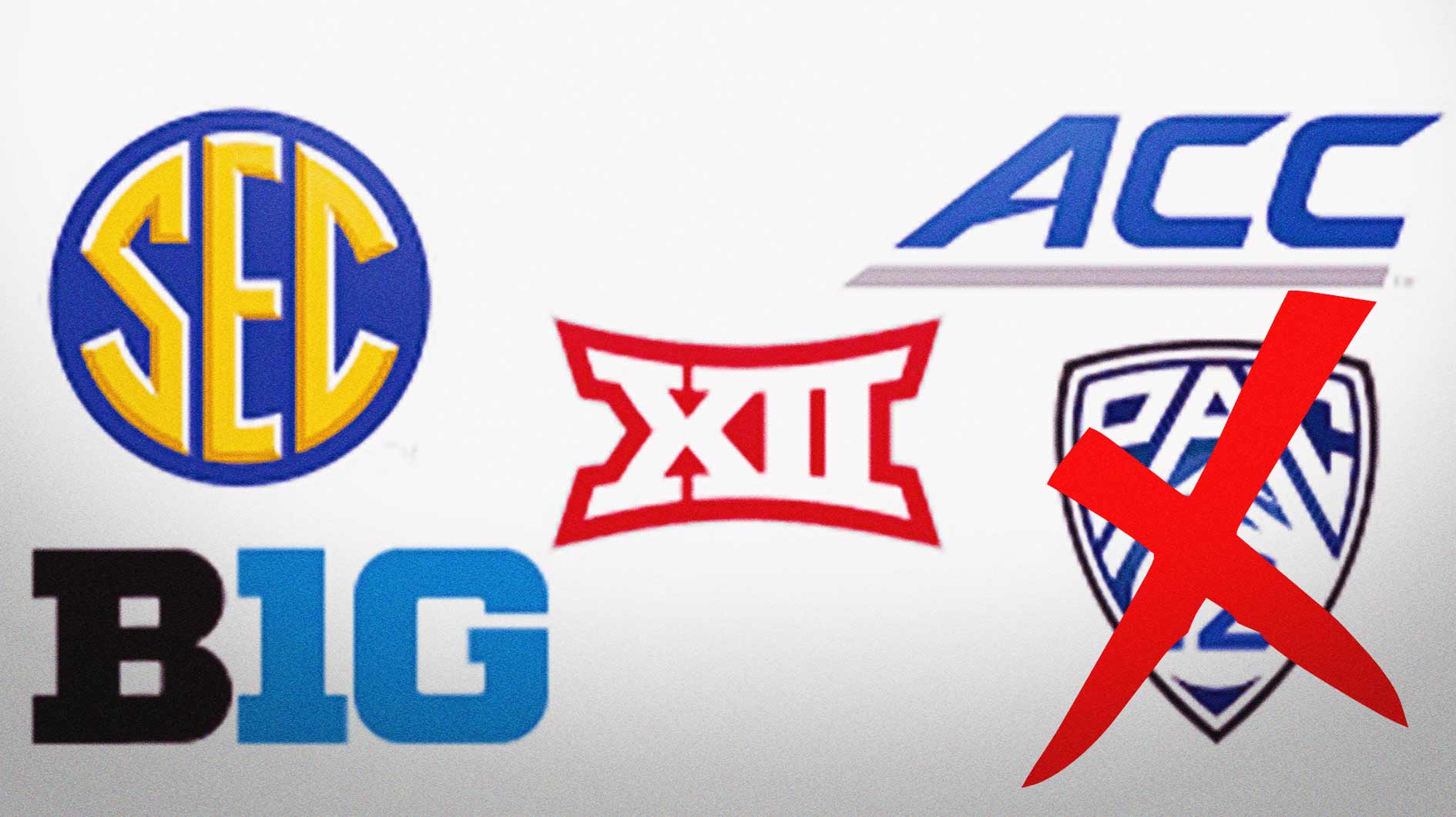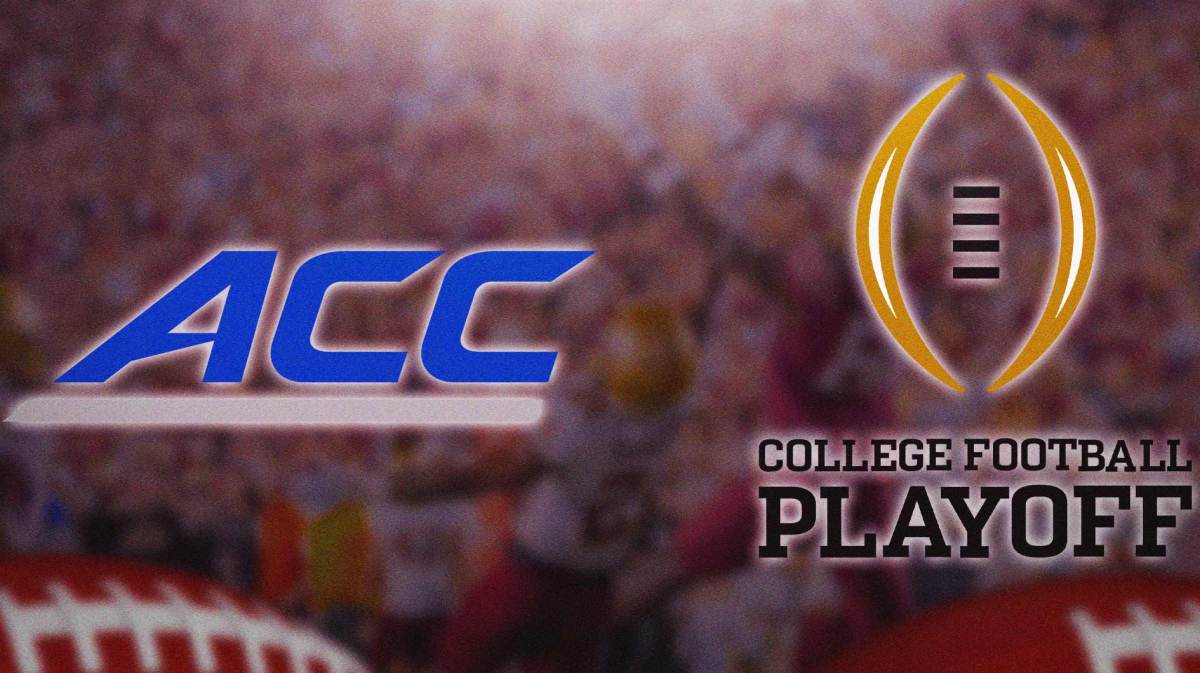As college football continues to grow through conference realignment and expansion, it's more of addition by subtraction. We've already seen the effects of this soon-to-be new world order with the demise of the Pac-12. Could Florida State football's College Football Playoff snubbing be a sign of the ACC becoming the next victim of this influx of change?
The final year of the four-team field format will be one long not forgotten, and depending on the outcome, it could be even more so. That will have to wait, though. Now that the dust has settled a bit and everyone has contained their social media spewing, it's now time to examine the long-term effects of the committee's controversial decision.
What will be the long term effects of the College Football Playoff committee's decision?
An 11-1 Alabama was on the verge of nearly missing their second playoff appearance for the first time when all of a sudden, they endured a revival midseason and ended up beating a No. 1 Georgia team for the SEC Championship. Meanwhile, Florida State, coming down to their third-string quarterback, managed to pull off a miraculous 13-0 perfection, also winning their conference championship. But in the Seminoles' case, their perfection was flawed, at least in the eyes of the CFP committee.
Beauty is in the eye of the beholder, and for the 13 committee members on the CFP, the beholders of the fate of the best teams in college football, they will not be sliding into Florida State's DMs anytime soon.
Less than a year away from the greatest change the sport has possibly ever seen, this season became an audition tape for some. That includes the team and conference. With the dramatic shift that conference expansion laid upon the sport with teams leaving without so much as a goodbye letter (USC, UCLA), others were just hoping their new conference home had a spare bedroom they could stay in (Oregon, Washington). Others were left homeless (Washington State, Oregon State).
The Pac-12 may have had its most impressive year in its existence, but it was too little too late for the conference that had an impressive last meal in its final conference game between Washington and Oregon. But if they haven't already, the ACC should have taken copious notes and learned from the Pac-12's last days over the past year.
The ACC needed Florida State football to be at its best this season

The ACC needed a team like Florida State this season to prove all the doubters wrong and that it still held value as a conference. And really, it did everything it was supposed to do to prove that. The Seminoles beat every opponent in their way, including wins over three top-25 teams — Louisville, Clemson, and LSU — and won their respective conference title. Yet, it still wasn't enough in the end because the committee deemed them ineligible as one of the four best teams because of an injury to their starting quarterback.
Florida State was going to essentially have to put on a showing similar to what Texas did against Oklahoma State in the Big 12 Championship Game, which saw the Longhorns dominate the Cowboys 49-21, to prove they were worthy of their top-4 ranking. A 16-6 victory that accounted for 17 total punts between both teams, with a third-string quarterback that only threw for 55 yards, was not the answer the committee was looking for from the Seminoles.
The question has been asked several times since the CFP rankings on whether this would have happened to an SEC or Big Ten team had the situation been the same or similar. Ohio State in 2014 had a situation that has been used in comparison to Florida State's, in which quarterback JT Barrett suffered a season-ending injury in the last regular-season game, forcing Cardale Jones to make his first career start in the Big Ten title game. However, the Buckeyes, routed a No. 13 Wisconsin team in the title game 59-0, making a bold statement to be ranked in the top-4, which the committee obliged.
The ACC is at a crossroads now, with other power conferences overtaking them

The ACC is definitely at a crossroads now as it is starting to fall even further behind the bigger conferences like the SEC and Big Ten. But with the ACC's stronghold it has over its teams with the grant of rights deal, which has resulted in far fewer payouts compared to those in other conferences, there's not much wiggle room for any of those teams to maneuver themselves out of the conference. They're stuck in the deal that the ACC signed with ESPN through 2036, unless they want to pay the $120 million exit fee to leave before then.
In saying all that, it's easy to believe that the committee, among most others that follow college football, have started to look down on the ACC conference as a whole in comparison to the other Power-5 conferences. Which is saying something considering that the ACC finished 6-4 against the SEC this season, including Florida State's win over No. 13 LSU, according to The Athletic's Bruce Feldman.
Luckily, Florida State or other fellow ACC football members won't have to worry about being left out of the top-4 with the new 12-team playoff model being implemented next season. But that still doesn't mean there's not a reason to worry. The ACC has to worry about its level of competition now and where it truly finds itself with the ranks of college football. It's not close to the SEC or the Big Ten, but is it even in line with the Big 12? Is it now ranked fourth by default?
The committee felt that 13-0, with multiple ranked wins, including one over one of the SEC's best, wasn't good enough. It's a horrible precedent to begin that could have long-term effects later on, but more so for a single conference than a single team like Florida State.
You can look at it as either a smack in the face to the ACC or that of an acknowledgment of reality that is likely to come if changes aren't somehow made. If not, you're looking at a conference that, although it may be labeled in a group of the new Power-4, it will be treated like a Group-of-Five. That's the reality that the ACC is looking at moving forward, with no easy answers to escape it. The CFP committee just drove the first nail into the proverbial coffin.




















